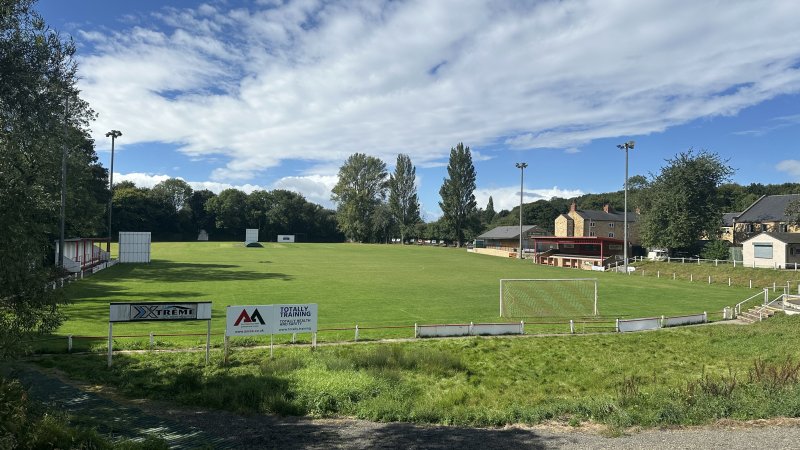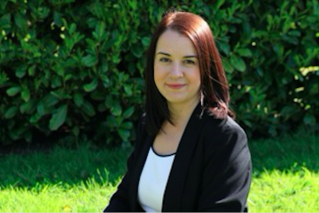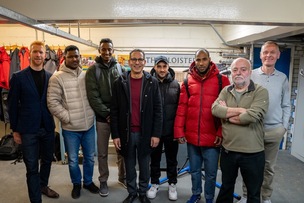A DIABETIC man left blind through his illness is rebuilding his life after slipping into depression.
Damian Jones, 26, of Laithes Close, Athersley, South, lost his sight in April last year and struggled to accept what he had been faced with.
He had developed type one diabetes when he was 11 and tried to control it as best he could.
But after losing his vision completely, he slipped into depression.
Things got so bad that Damian did not want to carry on living.
Damian said: “It all started about a year ago, I was being treated for ulcers on my feet. I started getting blurry vision in my left eye. The pressure in my eyes was really bad. At first it was thought to be a cataract. But I knew it wasn’t.
“My left eye went first, and then my right eye started to go. I went in to hospital and was registered blind. I was an emotional wreck, I felt like a part of me had been lost.
“I can’t see anything at all. It’s kind of like looking through a bathroom window. What I see is kind of grey. I feel like there is a wall there, but there isn’t. It’s really difficult to explain. If there is something which is ultra white, I might see an outline.
“In a way it is worse, because I know what certain objects look like. When I dream, it seems so real. But I’ll never see another face again. I put a picture together in my head of what someone looks like. It’s so frustrating.”
Damian had a hunch his sight would not return. In hospital, staff would ask him why he’d not eaten his meal, but no one had told him it was there. They would place medication in front of him, but he could not see it.
After leaving hospital, Damian lived at Lindhurst Lodge residential home for five months while social workers found him somewhere to live. And, while he praised the staff, his confidence plummeted. As well as having to accept he was blind, Damian had to learn how to dress himself, how to administer his insulin and how to use a walking cane. Staff at the home contacted the Barnsley Blind and Partially Sighted Association and he was visited by chairman Carol Green.
His bungalow needed lots of work doing to it, but with the help of the association, it has been adapted to help Damian, who lives on his own.
‘Talking’ microwaves, watches and alarms all help Damian, who now relies heavily on his hearing and sense of smell, along with ‘bump ons’ which are raised stickers placed on things such as the washing machine or thermostat so he knows what temperature they are set to. He has a device which bleeps when he’s making a cup of tea so he knows the cup is filling up, and has learned to use his insulin pen based on the clicking sounds it makes. He has different textured carpets so he knows what room he is in, is learning Braille and is in the process of requesting a guide dog.
“I’ve been at Athersley for about six months, and I’m as happy as I can be,” he said. “My neighbours watch out for me. I still have bad days and there are things I can’t do, I can’t go out for a walk on my own unless I know the route. I don’t even know what Carol looks like.
“I feel like I’ve accepted it and I’m on the right path now. The association has helped me get to where I am today. They have helped me with my benefits, sorted my house out - they’ve done everything for me. Now when I walk I hold on to someone’s arm. In future, I’m hoping I won’t have to do that.
“If I could say one thing to people, it is that if you have a problem with your eyes, get it checked out. Don’t hesitate.”
Damian is backing a campaign to keep the association, based on Regent Street, South, open. It dealt with 13,000 enquiries last year, but is facing a lack of funding.
Chairman Carol Green said: “We’ve got children and young people and parents who have been devastated because they have no where to go for help. What would happen to the likes of Damian if the association wasn’t here?
“There are 8,000 registered blind people in Barnsley, and 120 children. Where would they go?
“It’s a major worry the association could close. It’s been here 31 years and we are trying to get people and businesses to help us.
“We are wanting run a campaign and to lobby the council to see if there is any help it can give us.”



























